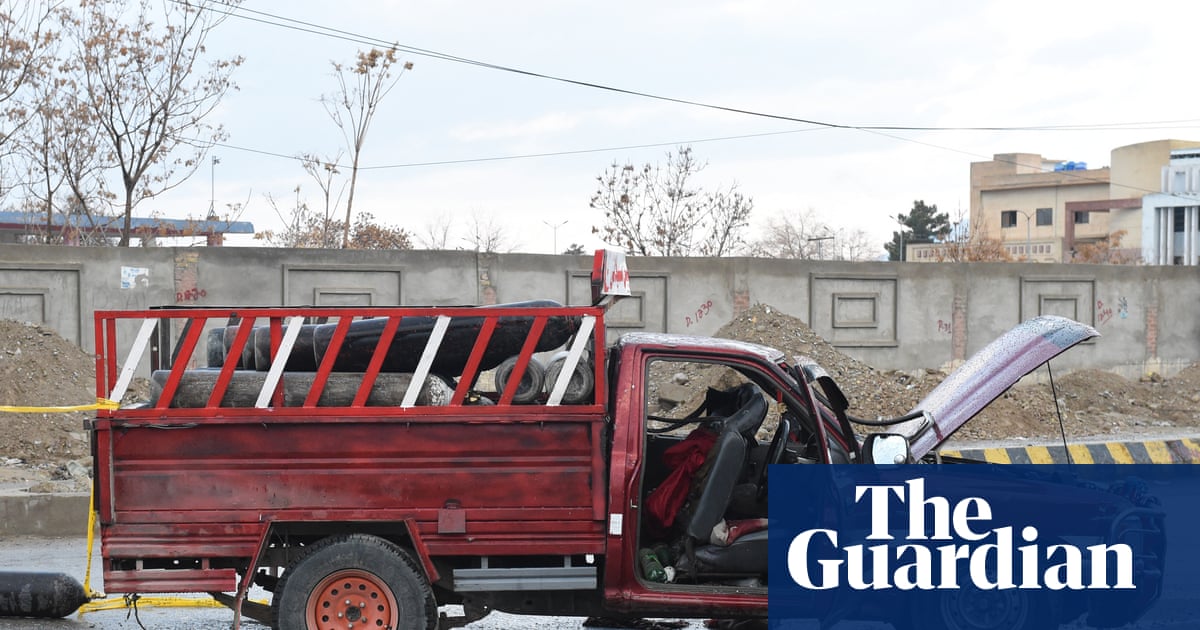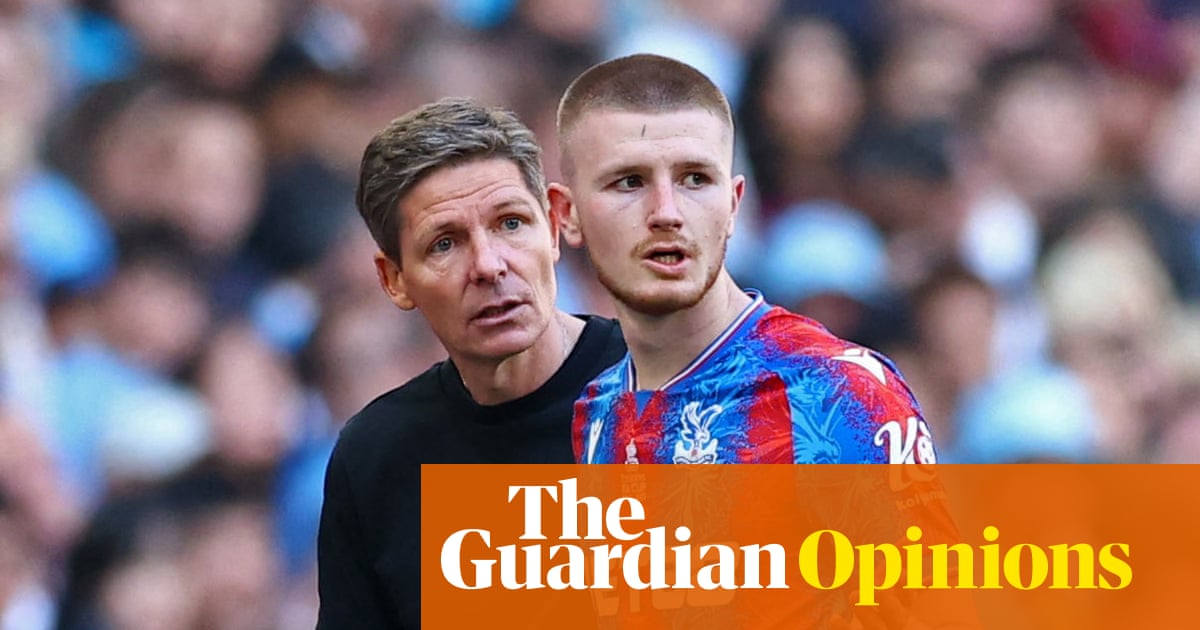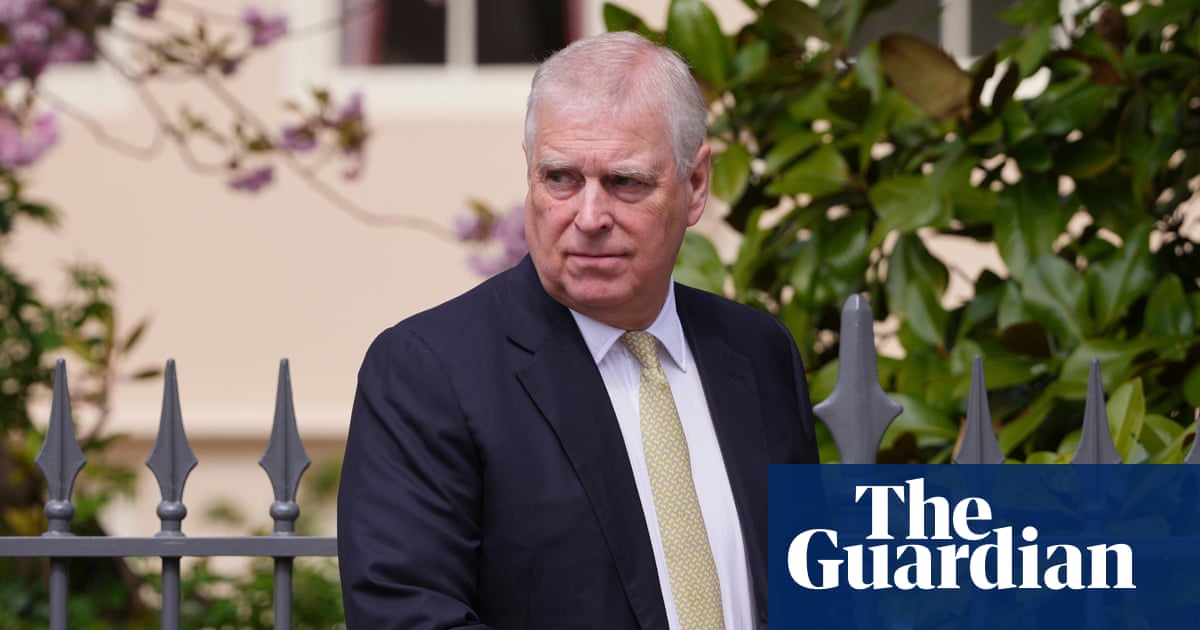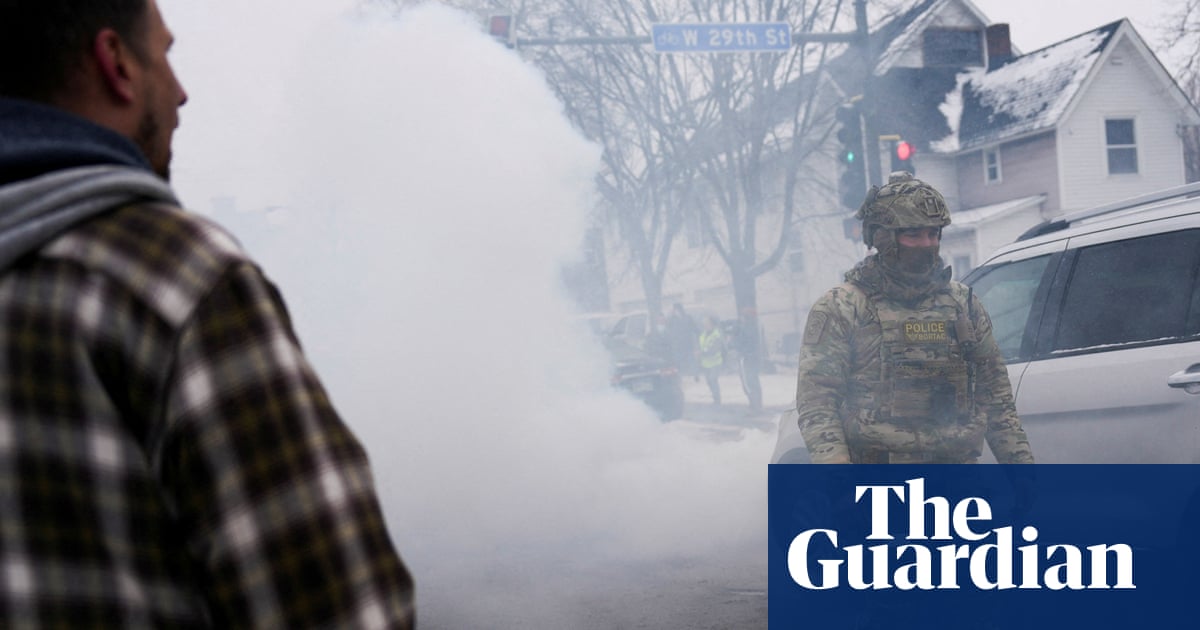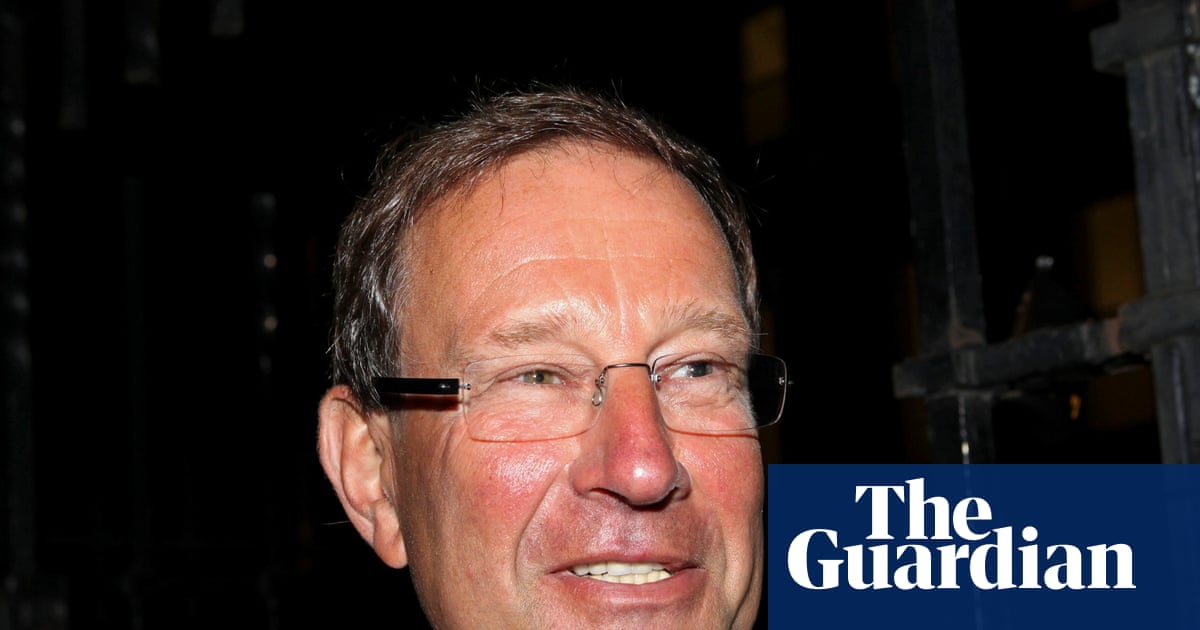Something that often takes me by surprise is how people react to finding out I was homeless growing up. They have a picture of what homelessness should look like, and my family and I don’t fit into it – I’m at university studying medicine now. But people like me hide in plain sight. They’re your neighbours until suddenly they’re not. They’re everywhere and nowhere, all at the same time.
My family came to the UK after becoming refugees during the Iraq war, and were homeless, repeatedly, for years – moving from friends’ house to friends’ house, or B&B to B&B. Each new place meant a new school, a new set of friends and a new set of rules I had to get used to. Over time, I think my siblings and I became pretty immune to the anxiety you feel when starting again.
I don’t remember all the places we stayed, though most of them were cold. In one, we lived above a party animal, blaring music so loud it would make my head thump as we tried to go to sleep. Others had rats – once my sister burst out of the bathroom screaming, in the middle of the night, because one had emerged when she lifted the toilet seat.
In another place there were four of us in one room with all our belongings, while my siblings and I played human Tetris in bunkbeds. I remember reading to my younger brother there, doing my best to give him that normal family experience despite the chaos.
Government figures published today show that there are now more than 132,000 households living in all forms of temporary accommodation in England, including more than 172,000 dependent children. It’s a record high – up 8.2% on 2024– surpassing the last record set earlier this year.
The conditions in temporary accommodation are often well below the standard anyone should be expected to accept – it can be cramped, or cold or dangerous. Official data recently found that temporary accommodation in England may have contributed to the deaths of 74 children in just five years.
It wasn’t until I was much older, during the Covid pandemic – my GCSE year – that I realised what I’d experienced as a child hadn’t been normal.
Usually when we moved schools, we just left, without telling them. But the pandemic meant my mum and dad lost their income from their jobs and things started to get even harder, so I’d had to apply for a bursary. That meant telling my school I was homeless.
When I showed a teacher proof of our household income, her face just dropped. She couldn’t believe the number on the paper. She had to ask me again if I was sure of the amount, because she was struggling to believe that that figure had sustained my whole family. When I saw the look on her face, I realised this was not a normal way to live.
Leaving all your friends behind and starting afresh year after year just wasn’t normal. No one spoke about it growing up, and I didn’t even understand what was going on. When we were put in a B&B, I had thought we were on holiday. Looking back, I realised it wasn’t a holiday, and it wasn’t through choice, but my parents were pretty good at acting as if it was.
My family are now stably housed – we’re safe and happy. After my teacher found out about our situation, she put us on free school meals, which helped massively. I could actually think straight in lessons, I could stay after school for longer because I wasn’t hungry, and teachers stopped pestering me for not having textbooks. Now I’m studying medicine.
But today’s figures are a reminder that I’m one of the lucky ones. Thousands are trapped in the same situation I experienced. The instability, the risk, the rats – and the cold.
The worst thing is that we could stop this if we wanted to. We know what causes homelessness, which means we know how to end it. That means building more social homes, and it means creating a welfare system that allows people to live in dignity. That would have made all the difference for us – having an affordable, social home would have meant we could have stayed in one place, and had some stability. There are now more than 1.3m households in England alone on waiting lists for a social home, and meanwhile the Guardian has just revealed that Labour plans to slash already-low affordable housing targets for developers.
When the Labour government came to power, it promised a strategy to end homelessness. Fifteen months later, we are yet to see it. The same goes for the child poverty strategy.
While we wait, more people are going through what my siblings and I did.
I’m working with Crisis, the homelessness charity, to call on ministers to urgently deliver a strategy to end homelessness for everyone. Any meaningful plan for change must surely lead to the creation of a society where we can all thrive, because we all have access to a decent, affordable home.
We moved from place to place, but none of them were home, because we didn’t feel comfortable living there.
I hadn’t realised at the time, but you miss out on a lot, growing up in those circumstances. The milestones I imagine people my age would have cherished didn’t really exist. Looking back, it kind of felt as if everyone else was making small leaps on little stones to cross a river, while my family and I had to wade through, our shoes drenched.
It wasn’t normal to grow up like that, and no one else should have to.
-
Isra Sulevani is a fourth-year medical student and lived experience homelessness campaigner for Crisis
-
Do you have an opinion on the issues raised in this article? If you would like to submit a response of up to 300 words by email to be considered for publication in our letters section, please click here.

 3 months ago
77
3 months ago
77

